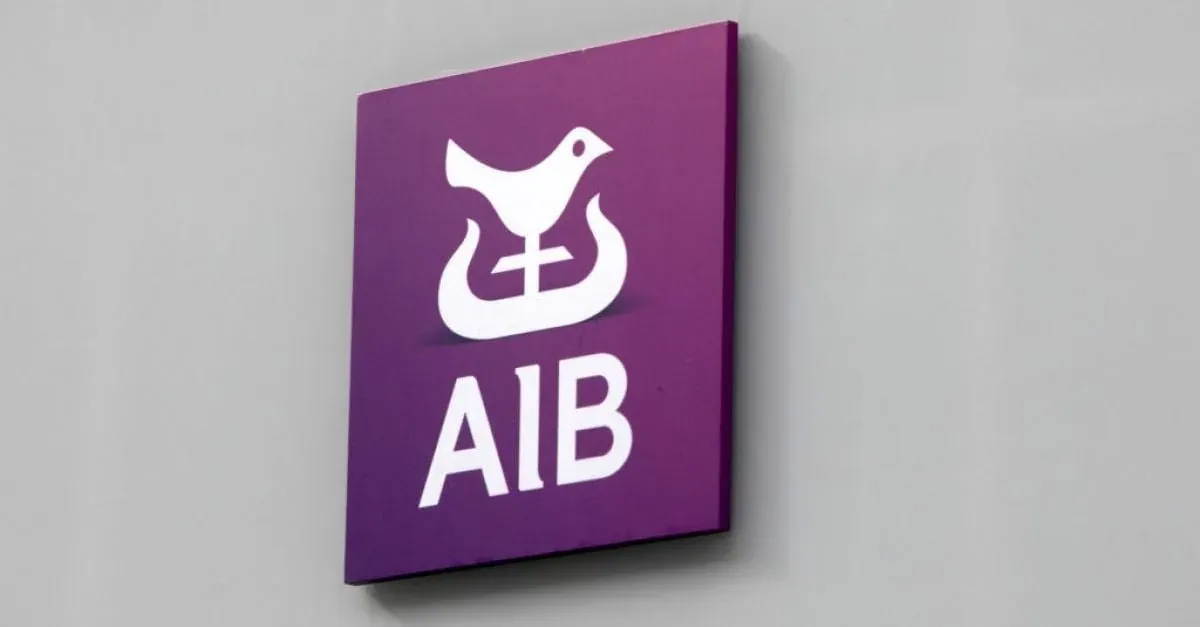DUBLIN — The first analysis of Budget 2026 reveals a concerning financial step backward for a working, middle-income renting family, while a mortgage-free pensioner warns of the plight of those solely reliant on the State pension. Interviews conducted by Prime Time with secondary school teacher Erika Levis Hinkson and pensioner George Finglas highlight the growing divide and the struggles of ‘the people in the middle’ who feel overlooked.
Renting Family ‘Worse Off’ by €81
Erika Levis Hinkson (32), who lives in south Dublin with her husband (a Special Needs Assistant) and their young daughter, spoke of the extreme financial pressure their family faces. Despite having two steady jobs, the family struggles with rising costs for rent, childcare, and day-to-day essentials, leading Erika to state, “I would say every month we are borrowing Paul to pay Peter.”
Their primary concerns are the sharply increasing weekly grocery bill, transport costs—with Erika spending approximately €75 on petrol for a single weekly college commute—and escalating utility bills that have hit as high as €500.
Budget 2026 Impact
A post-Budget assessment by KPMG concluded that Erika and her husband would be €81 worse off over the year under the new measures. This negative impact stems from several factors:
- Increased PRSI: A rate increase will raise their PRSI bill by €107.
- Offsetting Savings: This is only partially offset by a €26 saving from USC band changes.
- Loss of Once-Off Supports: The family will not receive once-off supports included in previous budgets, such as the €250 energy credit and double once-off child benefit payments, which totalled €280 last year.
- Eligibility Issues: Crucially, they are ineligible for the renters’ tax credit because they rent from relatives, and their income disqualifies them from the back-to-school allowance.
Reacting to the analysis, a visibly distressed Erika said, “There’s no words… I feel like this year, especially, that we are just going backwards.” She confirmed that due to the lack of action on childcare costs, the family feels they cannot afford to have a second child, stating, “Financially, we can’t have the one [child] we have, technically on paper.”
Pensioner Cites Inflation Concerns
In contrast, George Finglas (72), a retired housing official living with his wife Rose (73), is in a more stable financial position. As a mortgage-free homeowner who draws from a private pension in addition to the State pension, he admits, “I am not too bad.”
However, Mr. Finglas quickly pivoted to express deep concern for others, stating, “I pity those who just have the state pension. They are struggling and struggling bad.” His main criticism of the current system is its failure to keep pace with inflation.
“If they give you what would represent a 2.5% increase, and inflation goes up by 5%, you’ve lost, and you’ve lost out,” he said, calling for the State pension to be indexed to the true cost of living.







